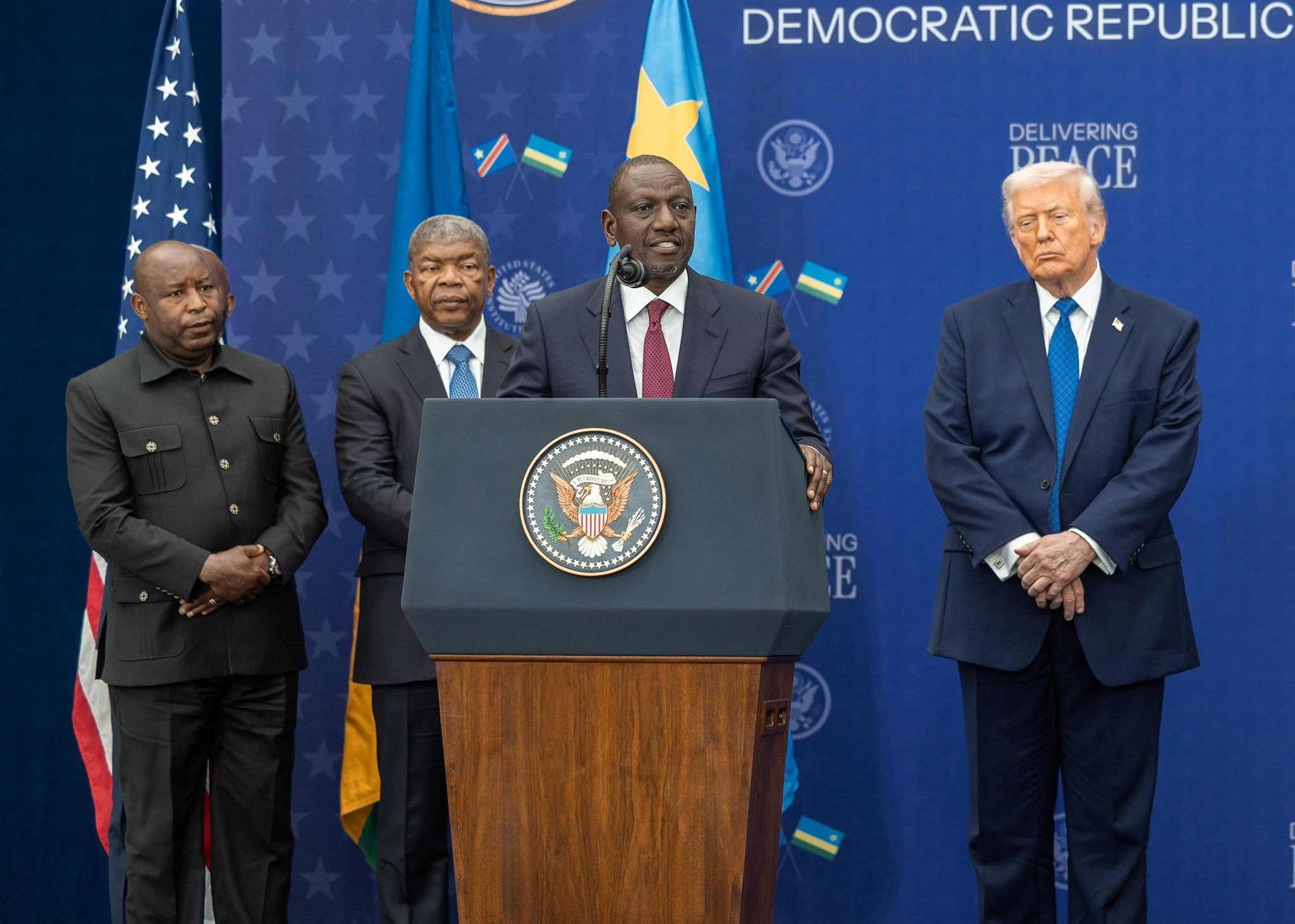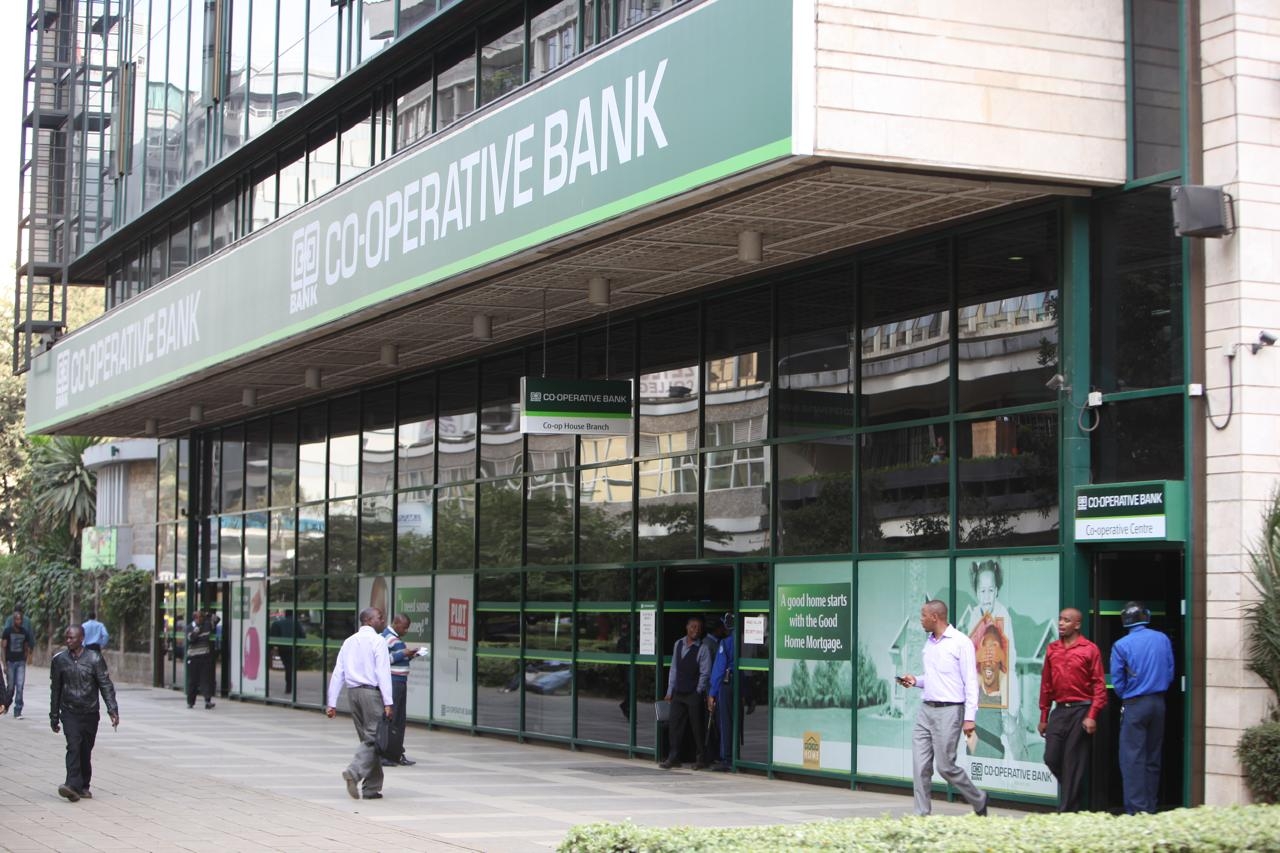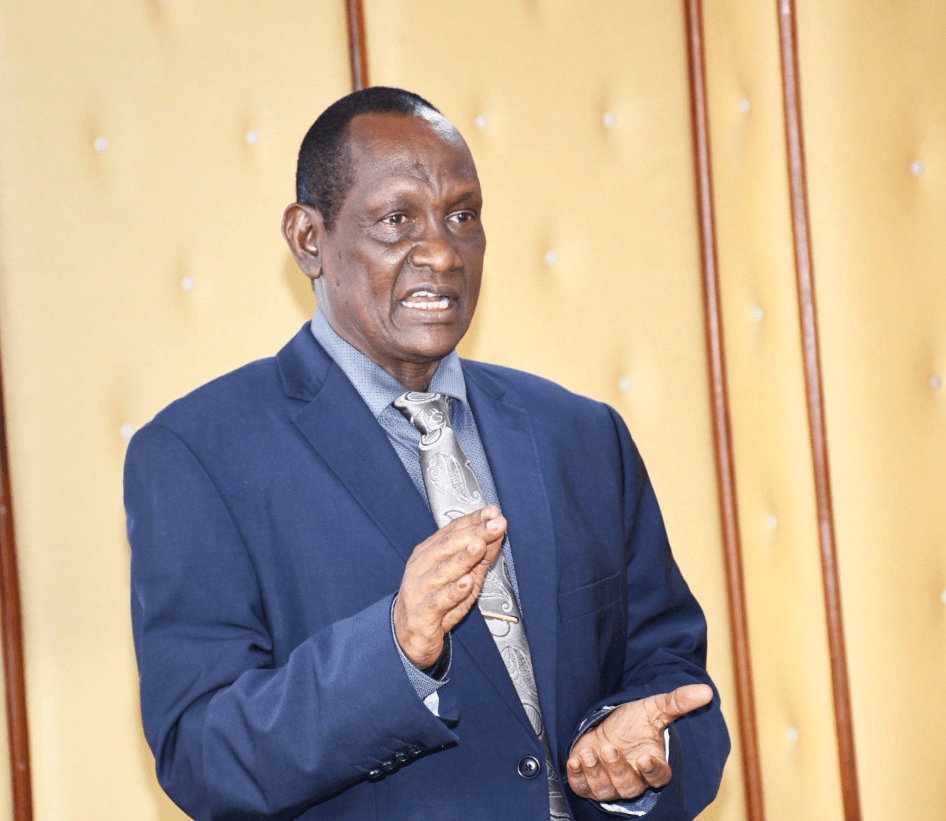The Kenya National Commission on Human Rights has called for the immediate cessation of the ongoing demolitions and evictions in the Sasimwani and Nkareta areas in Narok.
The lobby group urged structured engagement with the affected persons.
KNCHR chairperson Roseline Odede said in a statement on Monday that the commission was deeply concerned by the increasing evictions and an unprecedented trend occasioned mostly by the state, causing gross human rights violations.
“It is worrying that despite clear procedural safeguards under Section 152G of the Land Act, 2012, evictions continue to occur under unclear circumstances, without due process, and in the absence of appropriate measures to mitigate the suffering among the affected persons,” Odede said.
Odede said KNCHR is disturbed by the on-going evictions in the Sasimwani and Nkareta areas of Narok county.
She said the evictions are taking place without the prior profiling and identification of genuine forest-dwelling communities.
“It is deeply saddening that despite the 2017 and 2022 judgments of the African Court on Human and People’s Rights in the Ogiek of Mau case that emphatically and unequivocally recognised ancestral land rights of the Ogiek with rights to, among others, use and occupy Mau forest, members of the Ogiek community have not been spared. As a country founded on the rule of law, Kenya should immediately implement the African Court judgment,” she said.
Odede said the ongoing evictions are ill-advised and run counter to the obligations that Kenya has to secure the rights of its citizens under the African Charter on Human and People’s Rights, which is applicable by virtue of Article 2(6) of the Constitution.
She said the brutal evictions have occasioned the demolition of houses, leaving several people homeless in the cold weather with no source of livelihood.
"Places of worship have equally been destroyed. It is unfortunate that the evictions are being conducted during the current rainy season while the national examinations are ongoing."
On June 23, 2022, the court ordered the government to undertake "an exercise of delimitation, demarcation and communal land titling in order to protect the Ogiek people's right to property, which in this case revolves around their occupation, use, and enjoyment of the Mau Forest and its various resources."
This was to be done in consultation with the community and/or their representatives, and the order directly relates to the entire 22 blocs of Mau, including the Sasimwani area.
The court also directed the government not to repeat any further violations and to pay the community Sh57.8 million in compensation for the loss of property and natural resources, and Sh100 million for moral prejudice suffered due to violations of the right to non-discrimination, religion, culture, and development.
This compensation is yet to be paid.
The 2022 ruling followed that of May 2017, which found that Ogiek's rights to property and natural resources under the African Charter, among other issues, had been violated.
Odede said there is a need to provide adequate humanitarian support to effectively respond to the immediate needs of the affected people.
She also urged the state to hasten the implementation of the judgment of the African Court on Human and People’s Rights in the Ogiek of Mau case.
Odede further urged the state to fully implement the Prevention, Protection, and Assistance to Internally Displaced Persons and Affected Communities Act (2012) and adopt the National Policy on the Prevention of Internal Displacement, Protection, and Assistance to Internally Displaced Persons in Kenya.
Odede said evictions must be carried out lawfully and in full compliance with relevant provisions of national law and international human rights principles and standards.
This, she said, is inevitable and only in exceptional circumstances.
“At the very least, such evictions should be preceded by the provision of relevant information to affected groups and persons in order to have their full consultation and participation throughout the entire process.
Odede said Section 152G of the Land Act, 2012, which provides for the mandatory procedures during eviction, must be adhered to.
She said the evictions must be preceded by the presentation of the formal authorisations for the action; be carried out in a manner that respects the dignity, right to life, and security of those affected; and include special measures to ensure effective protection for groups and people who are vulnerable, such as women, children, the elderly, and persons with disabilities.














